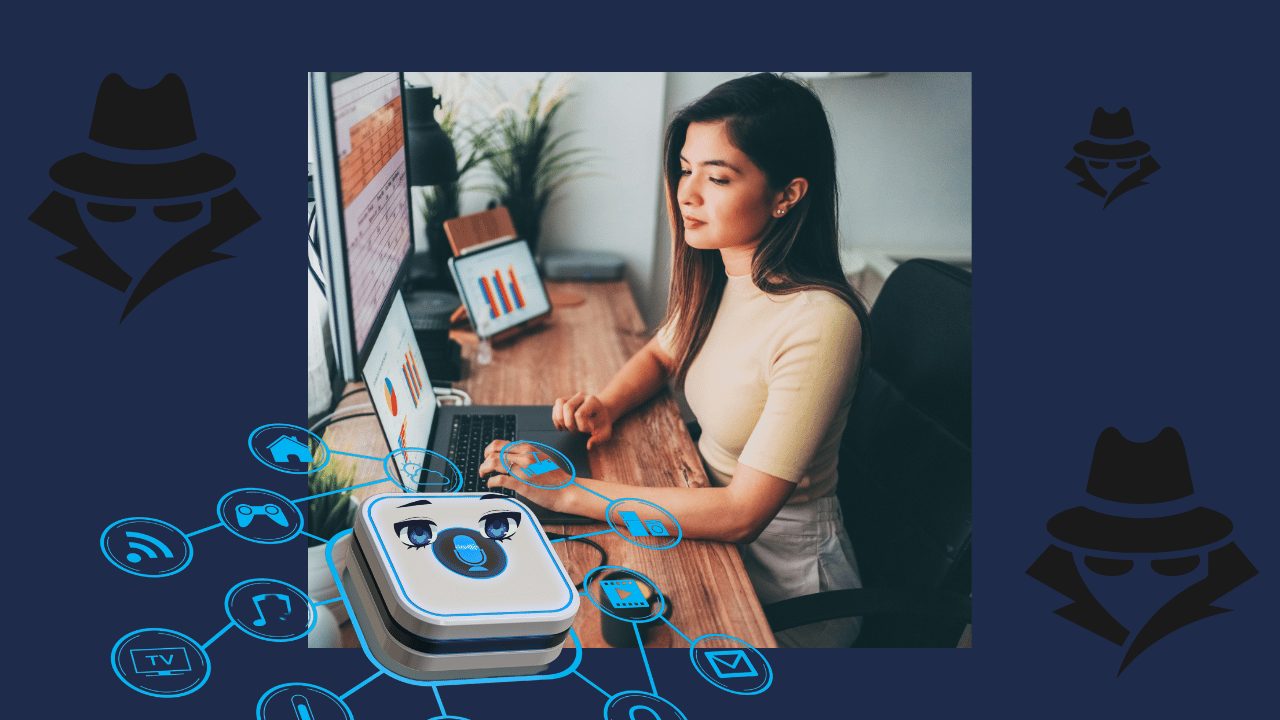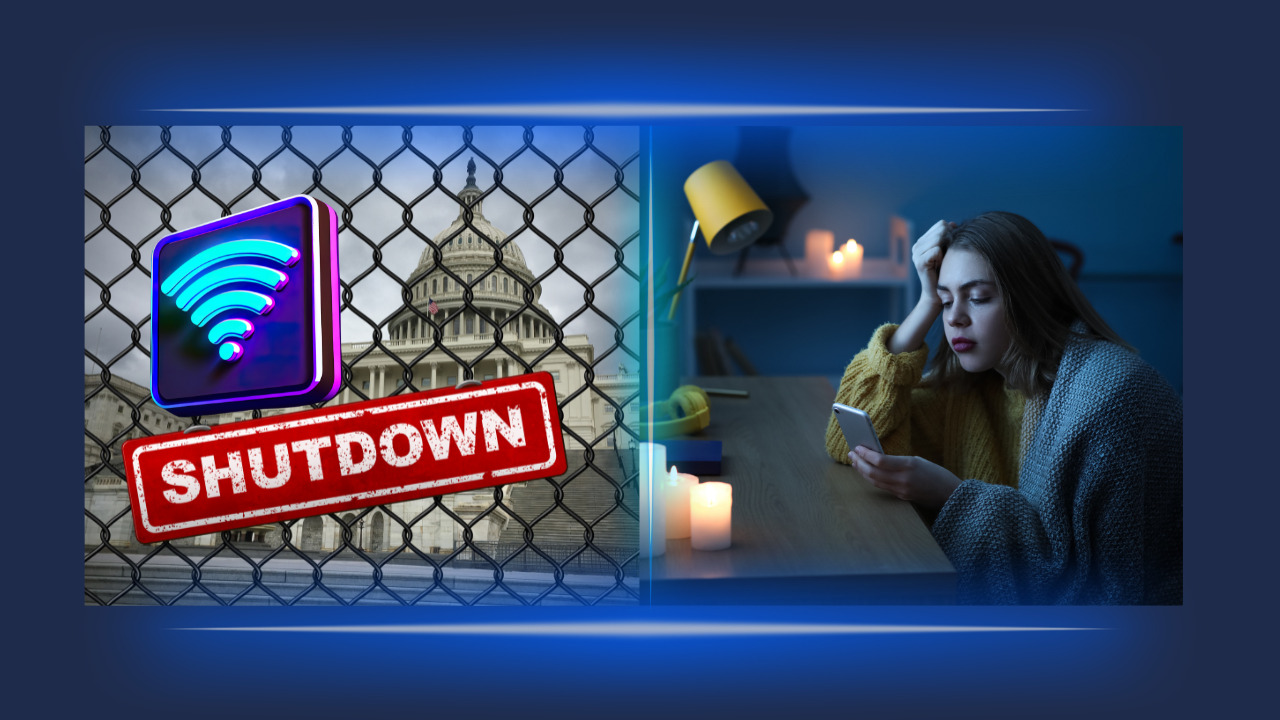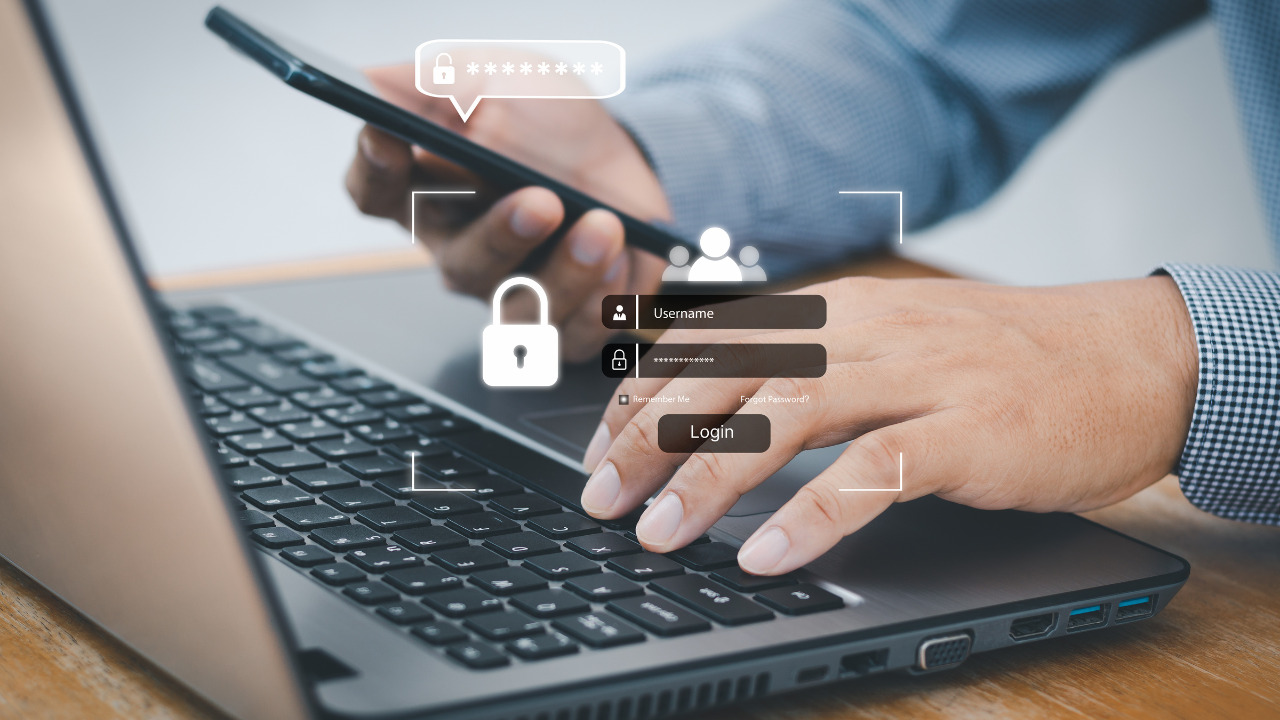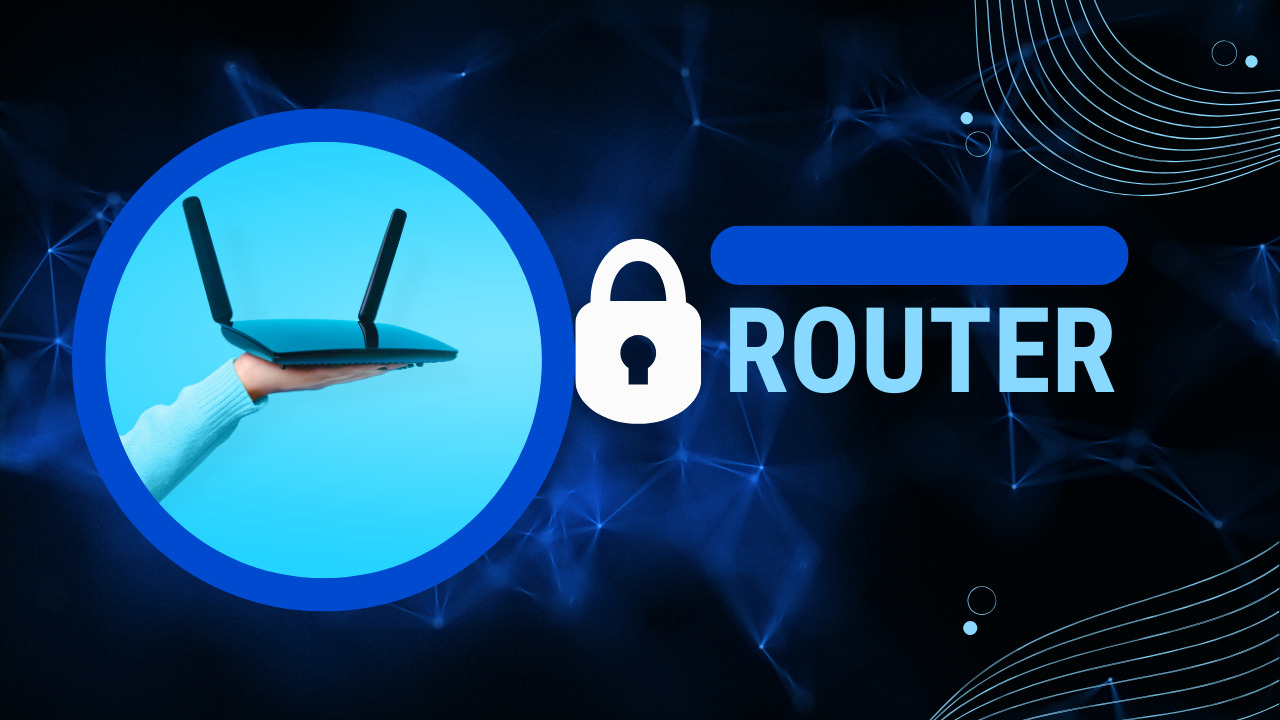PRVCY 101 – Assistant Devices for Home
In a time when convenience often outweighs concerns, digital home assistants like Alexa, Google Home, and Siri have found their way into the sanctity of our living spaces. Promising to simplify our lives with voice-activated commands to control our house, play music, or inform us in real-time about news, these devices are now ubiquitous. However, beneath the surface of convenience lies a significant threat to privacy: surveillance.









